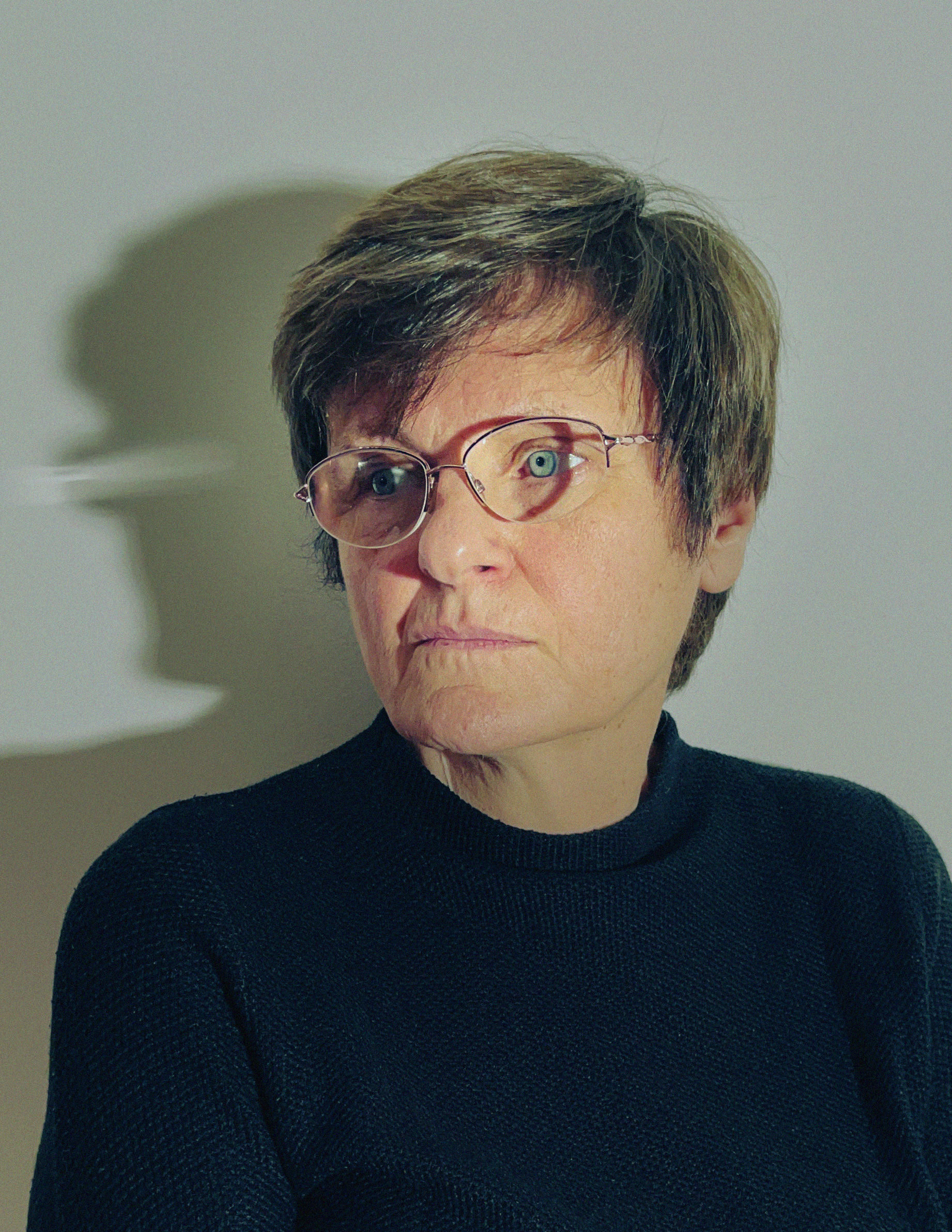I can no longer find the spot on my arm where I received my two shots, but the importance of that groundbreaking vaccine—which leverages the genetic material mRNA to protect against COVID-19—will not fade from my mind. It comes from the work of Katalin Kariko, a biochemist whose dedication over the past three decades helped bring mRNA vaccines to the world. Katalin—who is now a senior vice president at BioNTech—began studying RNA at a time when it was largely considered uninteresting as a therapeutic molecule. I admire her dogged pursuit of an idea she was passionate about, and her willingness to collaborate with others. Her research also highlights the importance of curiosity-driven science that provides a foundation for new technologies: those early efforts to demonstrate mRNA’s potential would lead to the development of both the Pfizer-BioNTech and Moderna COVID-19 vaccines.
I, along with many millions around the world, am thankful that Katalin and her collaborators pursued ideas that led to a novel technology with the potential to transform future vaccines for infectious diseases as well as autoimmune and other disorders. Katalin inspires us with her creativity, persistence, and commitment to defeating this pandemic and mitigating future health threats.
Doudna is a Nobel Prize–winning biochemist, a co-inventor of CRISPR-Cas9, and a professor at the University of California, Berkeley
- The 100 Most Influential People of 2024
- Coco Gauff Is Playing for Herself Now
- Scenes From Pro-Palestinian Encampments Across U.S. Universities
- 6 Compliments That Land Every Time
- If You're Dating Right Now, You're Brave: Column
- The AI That Could Heal a Divided Internet
- Fallout Is a Brilliant Model for the Future of Video Game Adaptations
- Want Weekly Recs on What to Watch, Read, and More? Sign Up for Worth Your Time
